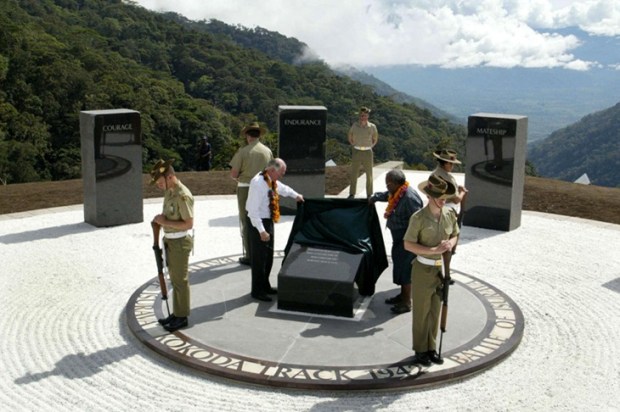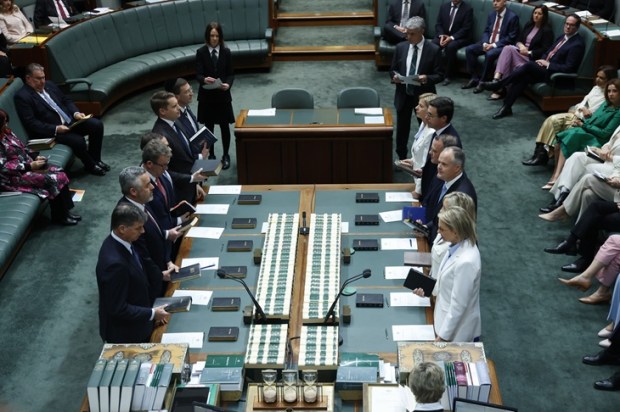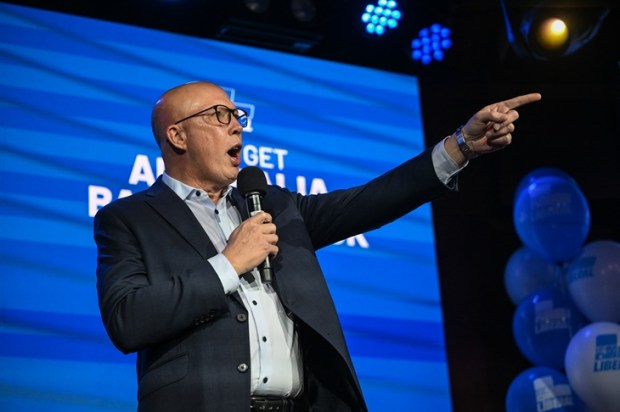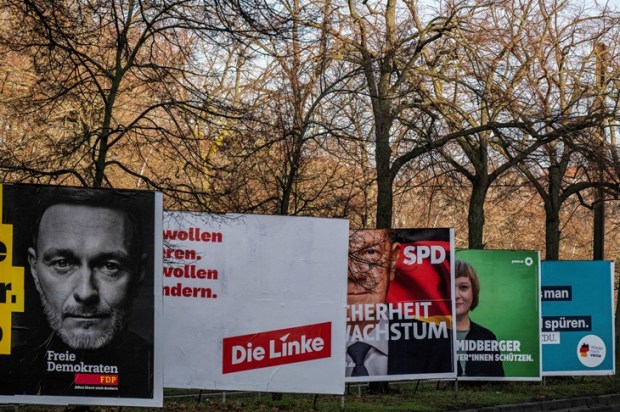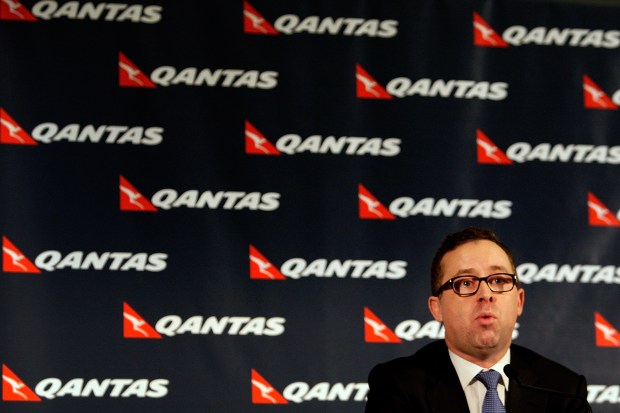The Liberal Party recently came out against Anthony Albanese’s proposed Indigenous Voice to Parliament – under which an advisory body representing Indigenous and Torres Strait Islander Australians will be enshrined in the Australian Constitution. However, instead of rejecting the idea of an Indigenous Voice in principle, the Liberal Party decided to suggest an alternative – they suggested a non-constitutionally-enshrined, legislatively-enshrined ‘Local Voice’ made up specifically of representatives of local Indigenous and Torres Strait Islander communities.
This is, in my judgment, a shrewd political strategy. The issue with The Voice is very much like the issue with an Australian Republic – supporting it in principle doesn’t mean one has to approve of the model proposed in the referendum. The Liberal Party is essentially banking on the same strategy that Australians for a Constitutional Monarchy successfully deployed in the republic referendum – they raised a fair criticism of the specific model of the republic being proposed and thus created a coalition that included many in-principle-republicans.
A second implicit vector of attack in the Liberal Party’s strategy is based on localism. As the Liberals frame it (correctly in my view), the Albanese government is proposing a ‘Canberra Voice’ to be filled mostly by members of a highly-partisan, activist, big-city-based class of rent-seekers more concerned with making a career out of Indigenous suffering than alleviating said suffering. The alternative of a Local Voice means going directly to the Indigenous communities whom are experiencing great suffering and drawing representatives from these communities, bypassing the urban-partisan-activist class entirely.
This vector of attack is starkly reminiscent of an economic analysis of The (Canberra) Voice I proposed in the Quadrant article I co-wrote with Lana Starkey. In this analysis, I proposed there are three relevant classes of people – the Colonisers, the Colonised’s Elite, and the Colonised Masses. This three-class model posits that the Colonised’s Elite are basically the opposite of a ‘platform’ (or multi-sided market) – a platform is an economic institution that enables two (or more) distinct groups of people to trade with each other by reducing the costs of interactions between these groups. My model of The (Canberra) Voice says that the Colonised’s Elite increases the costs of interactions between the Colonisers and the Colonised’s Masses (through the use of Post-Colonial ideology, social clout, and the stigma associated with racism) in order to make themselves the lowest-cost intermediary, and then exploit their position to extract wealth from either/both sides of the market. Whereas the platform acts as economic lubricant and thus becomes the intermediary by reducing costs, the model I propose suggests the Colonised’s Elite creates friction and becomes the intermediary by imposing costs that otherwise wouldn’t be there and/or increasing costs that already are.
A big issue with The (Canberra) Voice is the Principal-Agent Problem. The Colonised’s Elite frame themselves as agents working on behalf of their principals, the Colonised Masses. However, the interests of these two groups are not in perfect alignment, meaning that the Colonised’s Elite self-enriches without necessarily improving the state of the Colonised Masses. The Local Voice solves this problem by allowing the principals to bypass the agents entirely.
The previous two paragraphs were theoretical, but the test of a theory is how well it predicts reality. If my model of The (Canberra) Voice is correct, one would predict that the Liberal Party’s proposal for a legislation-based, local voice is likely to receive even harsher criticism than the idea of having no voice at all. Why? Firstly, because this more moderate proposal is likely to attract people to vote against Albanese’s proposal (and as we all know, non-leftist people and ideas are targeted more viciously as they become more impactful). Secondly, because with merely legislative enshrinement The Voice can be dissolved by legislation as well. Most critically however, The Local Voice will be attacked because it routes around the Colonised’s Elite, aka the Aboriginal Industry – and this is precisely what the Colonised’s Elite dreads most. They’ll frame the Local Voice as quiet, complicit, toothless, and able to be intimidated or abolished by the next non-Leftist government that wins an election. If they want to be literary about it they’ll call it The Passive Voice, or perhaps even ‘The Ball Gag’. They’ll call any proposed member of the Local Voice an Uncle Tom (at best). They’ll use every weapon they have to avoid a Voice which isn’t centered on their voices.
The Local Voice – as a counteroffer to The Canberra Voice – is a good political strategy. This is precisely why it will be attacked savagely. Don’t expect the public debate to get any less vicious any time soon.


